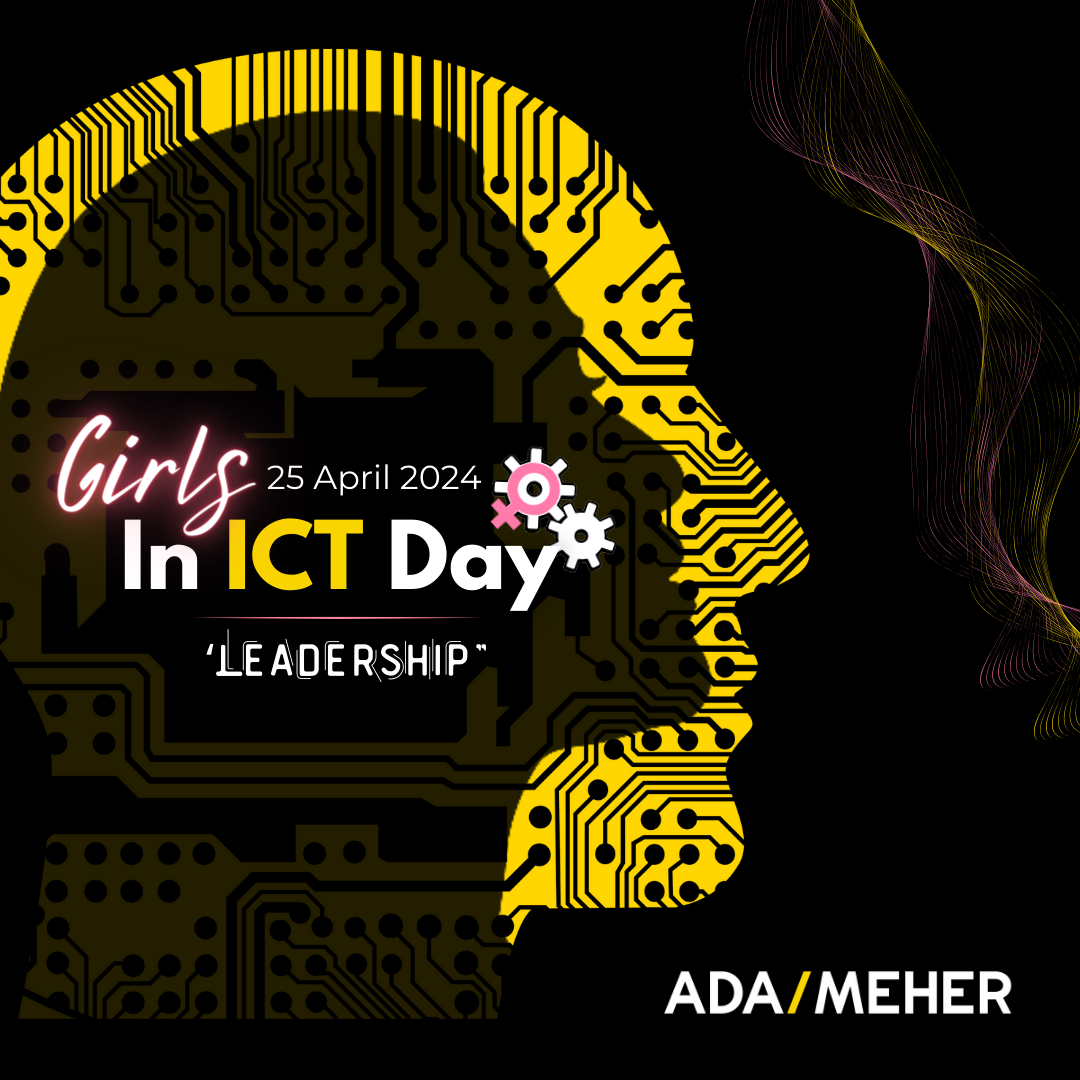
In an era defined by rapid technological advancements, Artificial Intelligence (AI) stands as a transformative force that holds immense potential for reshaping our world. But as these boundaries expand, so does the need for responsible regulation.
From autonomous vehicles to personalised healthcare, AI applications have the power to revolutionise industries, enhance productivity and improve our daily lives. The progress hasn't gone unnoticed. But whilst the technology offers unprecedented opportunities, it raises concerns about ethical implications, biases, privacy breaches and overall lack of control.
As we venture deeper into this uncharted territory it becomes vital to strike a balance between fostering innovation and ensuring AI technologies serve our best interests.
At the height of the AI conversation experts are specifically concerned about the risks associated with use and development. In a continuation of large AI language models including Open AI's GPT4 and Google's La MDA in training, could potentially make them too incalcuable and ultimately posing an existential threat.
"Specific models are becoming crazier and crazier" Open AI's Sam Altman spoke in a recent statement, advising such heightened technology could "go quite wrong" calling for prioritised regulation frameworks.
In a recent investigation into the powerful text-to-image training used across various AI models, it has been made apparent that much of the data was simply 'scraped' from internet-based sources. Putting this in its bleakest terms - it included millions of copyrighted, explicit and illegal imagery - all of which have the possibility of recreation in their outputs.
Proactively addressing the current challenges surrounding the safety and reliablity of intelligent systems, Newsguard - a US based company that verifies online content, found 49 'fake news' websites - almost entirely AI-generated - being used to drive clicks to advertising content. Spiking concerns about average internet users' ability to find trusted information that is knowingly accurate, growing web pollution with content that's deliberately misleading (which isn't ideal).
If AI's are merely trained from a general 'internet scrape', the data used is at risk of potentially being diluted with rubbish other AI's have curated. It comes at a great time that we start to further implement collaborative efforts in shaping AI regulations associated with harmonising perspectives.
"We don't need to feed them junk food" - Emad Mostaque, CEO of Stability.
The goal isn't to stifle innovation but to create a robust framework that fosters responsible development and use of AI technologies, ensuring the endeavour to build a world where AI and humanity exist harmoniously.



